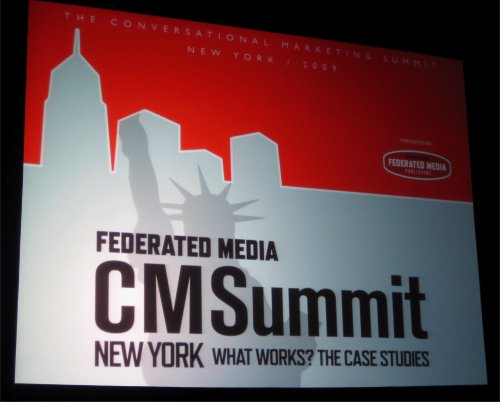Beware the Social Media Kool-Aid
“Be a little cautious of the social media kool-aid… It does work slowly over time, but if you need to get attention now, you still need to use traditional methods, too. Social media is not a replacement for anything; it’s an add-on, it’s another way of communicating. But don’t leave the other stuff behind, especially if the other stuff works for you still; don’t drop it just because there’s a shiny new object.”
–Christopher Penn, Marketing Over Coffee
Rational, hype-free discussions about social media are difficult to come by, so I was thrilled to discover the Marketing Over Coffee podcast last week, the best of the bunch from the handful I’ve sampled so far, via Lee Oden’s list of Best Podcasts on Social Media. Hosted by John Wall and Christopher Penn, the episodes I’ve listened to so far have been meaty, informative and thought-provoking, and I’ve found myself going through their archives today while doing laundry, as inspired as I was coming out of last week’s Conversational Marketing Summit.
Wall and Penn keep things in perspective by focusing on “both classic and new marketing,” avoiding the social MEdia tendencies of self-promotional, agenda-driven circle jerks that pass for social media “expertise” on blogs, podcasts and Twitter. I’d name names, but it’s easier and far more productive to call out those doing it right.
Among my current favorites for thoughtful marketing insights and commentary are Seth Godin, Geoff Livingston, Jane Friedman, Amanda Chapel and Patrick Boegel. A few others I don’t always agree with but often spark interesting discussions and are willing to engage include Mack Collier, Lauren Fernandez and Olivier Blanchard.
Who are some of your favorites?




